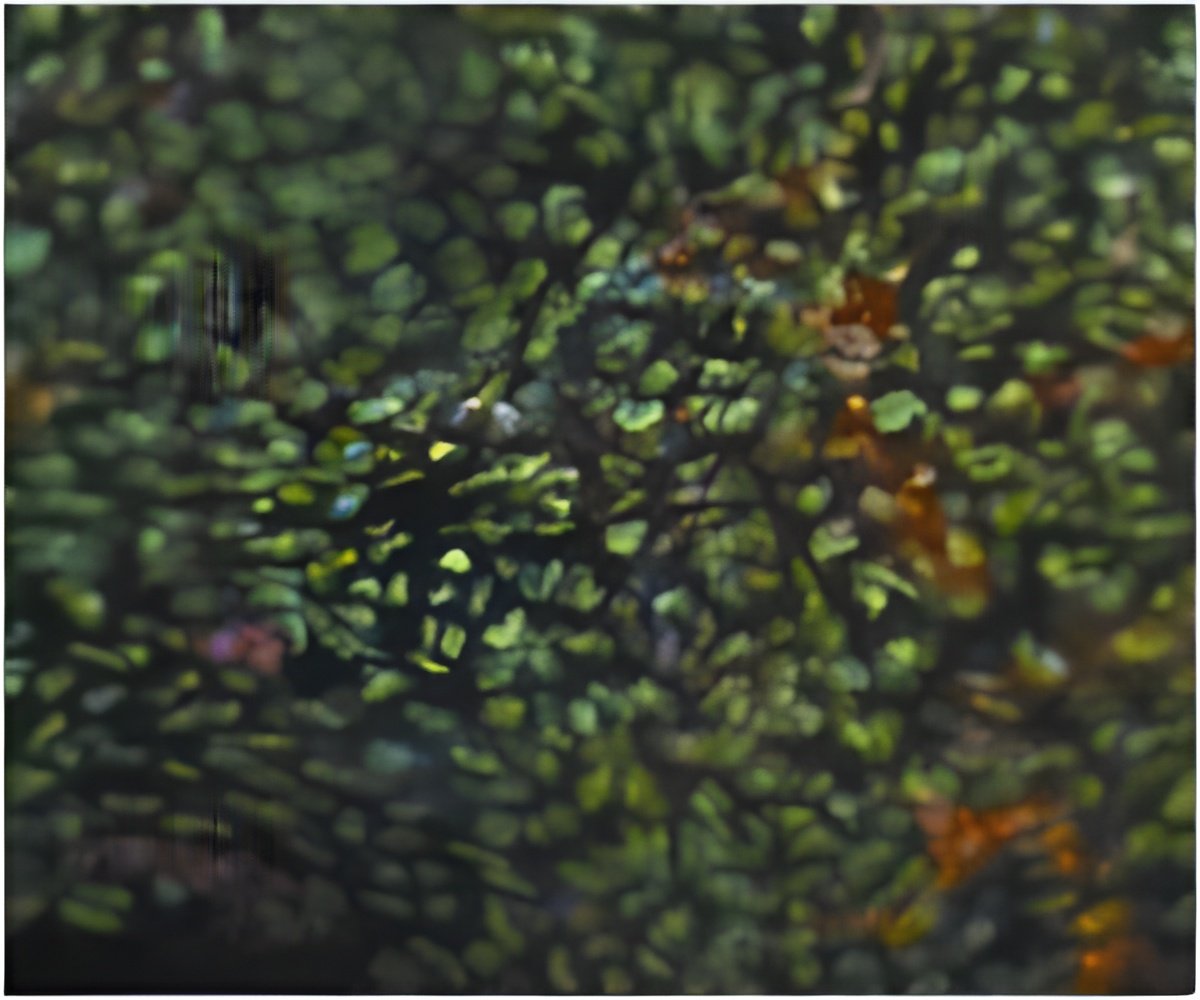
Using stem cells to regenerate the damaged or weak muscles has been proposed as an alternative to surgery. But most protocols for harvesting stem cells also require invasive procedures, and often produce very low numbers of viable cells. In contrast amniotic stem cells can be collected easily, and have very low immunogenicity, reducing chances of rejection. Researchers from Kyungpook National University, Korea, investigated the ability of stem cells isolated from human amniotic fluid obtained during routine amniocentesis to regenerate damaged urethral sphincter muscles in mice.
James Yoo and Tae Gyun Kwon, who led this research, explained, "These stem cells are mesenchymal and consequently have the ability to become muscle cells when grown under the right conditions. We found that the stem cells were able to survive for seven days inside the mice but by 14 days they had all disappeared. Nevertheless they were able to induce regeneration of the mouse's own urethral sphincter muscle."
Quite how stem cells are able to retrain the body's own cells is still not fully understood. Not only was muscle regenerated, but this muscle had proper connections to nerves, and was able to improve the pressure required in the bladder before incontinence begins and stops. Humans are already being treated with stem cell therapy for diseases, including diabetes, and since Since amniotic stem cells appeared to cause no immune response or tumour formation, these cells may provide an avenue for future stem cell therapy for humans.
Source-Eurekalert














